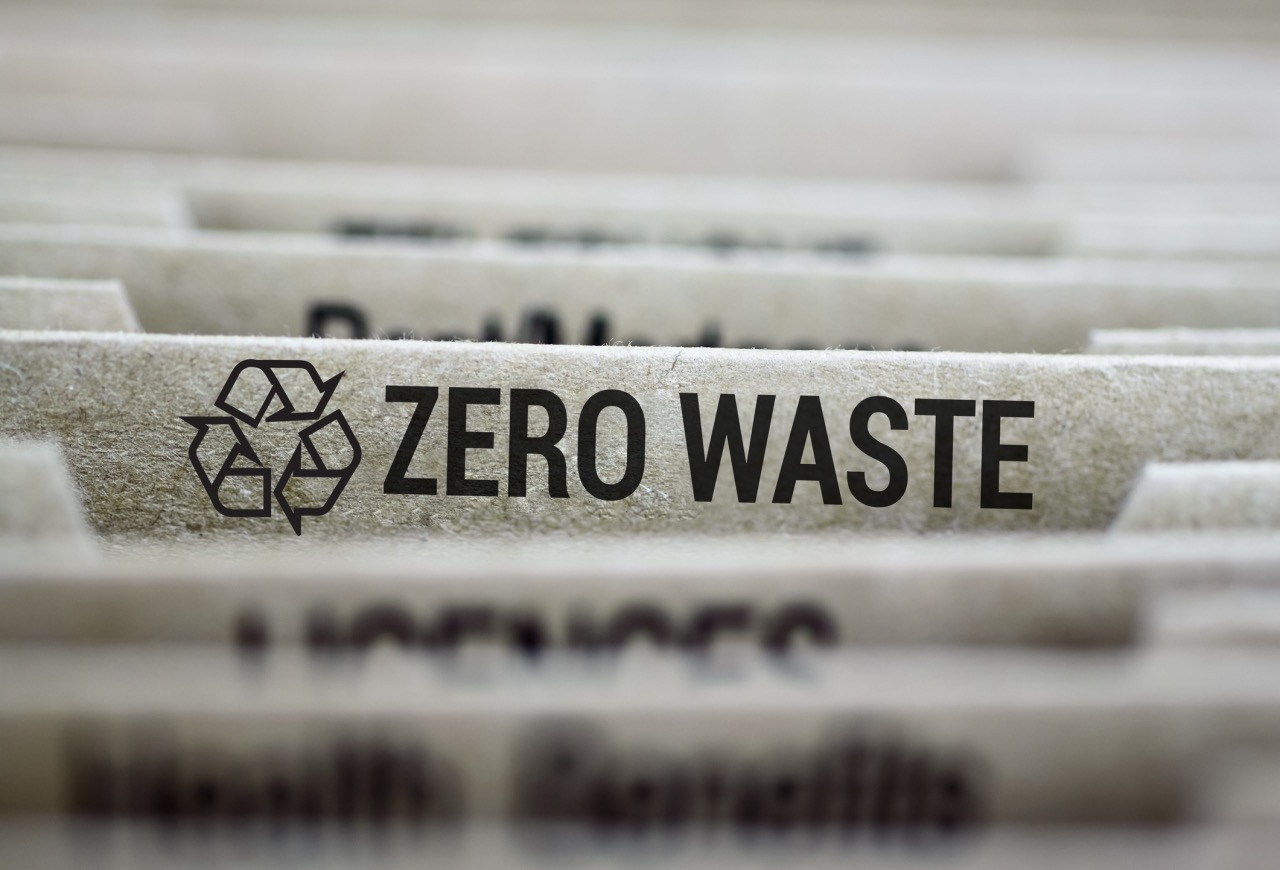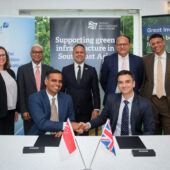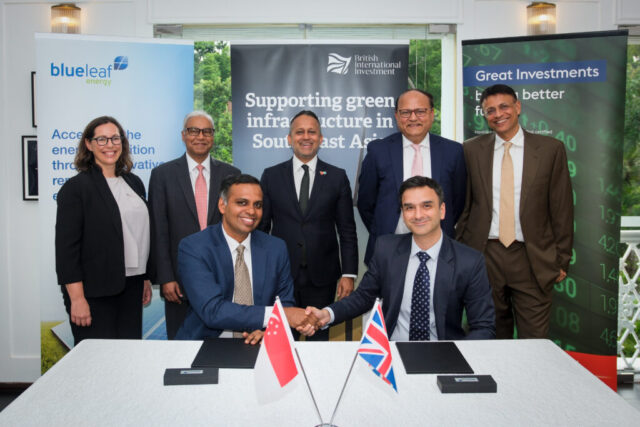The funding for Hinckley E-Waste Recycling was made through the uMunthu II fund. The Nigerian e-waste firm aims to recycle up to 30,000 tonnes of waste annually.

Goodwell Investments and Alitheia Capital have made a joint investment into a Nigerian e-waste management firm which aims to recycle up to 30,000 tonnes of waste per year.
The funding into Hinckley E-Waste Recycling was made through the uMunthu II fund and will support the construction of two state of the art recycling plants in Ogun State, one for lithium-ion batteries and another for lead-acid batteries, according to the organisations. Hinckley sources most of its e-waste from a network of local informal collectors.
Making a business case
Speaking to Impact Investor, a Goodwell spokesperson said that the firm sees a clear business and impact case for investing in waste management, and specifically e-waste recycling.
“E-waste is one of the fastest-growing waste streams worldwide, and contains valuable, in-demand resources required to manufacture the batteries that power our electronic devices and the growing electric vehicle market.
“Extracting value from e-waste not only reduces the need to mine virgin resources, it also contributes to formalising waste collection in countries like Nigeria, enabling safer working conditions and better incomes for those working in the sector.”
Global challenge
Globally, the majority of collected e-waste isn’t yet disposed of responsibly, with just 22.3% being recycled, according to Goodwell.
In sub-Saharan Africa, that number is even lower, with only an estimated 1% to 15% of generated e-waste being recycled.
Currently, West Africa generates 750,000 tonnes of e-waste annually, with that figure being projected to exceed one million tonnes by 2030. Nigeria accounts for 500,000 tonnes, making it the region’s largest e-waste producer and the third largest in Africa, after South Africa and Egypt, Goodwell said.
Furthermore, the lack of proper waste management across the continent leads to land, soil, air and water pollution, as well as greenhouse gas emissions, with hundreds of thousands of informal waste collectors facing hazardous conditions and health risks, Goodwell added.
“We see a compelling business and impact case for e-waste recycling,” said Doubra Eghaghe, investment principal at Alitheia Capital.
“The demand for battery components is only increasing as electric vehicles and renewable energy gain traction. Recycling allows us to recover high-value materials and reduce dependence on virgin-mined resources, while creating safer, better-paid jobs,” added Eghaghe.
For Goodwell, the investment is a timely entry into one of the world’s fastest-growing waste streams.
“Although e-waste recycling is an emerging income stream in Africa, it remains largely informal,” said Hinckley CEO Adrian Clews. “Our aim is to change that by formalising the sector, creating safe jobs, and protecting the environment through industrial-grade recycling infrastructure.”
Currently, Goodwell and Alitheia are laying the groundwork for further investments in circular economy ventures. Through the newly launched IYBA WE4A programme, they are also offering financial and technical support to women-led green businesses in Kenya, Malawi, Mozambique and Tanzania.
“Hinckley is just the beginning,” said the Goodwell spokesperson. “As we deepen our focus on inclusive, climate-resilient economies, we see enormous potential in supporting businesses that turn environmental challenges into economic opportunity.”





